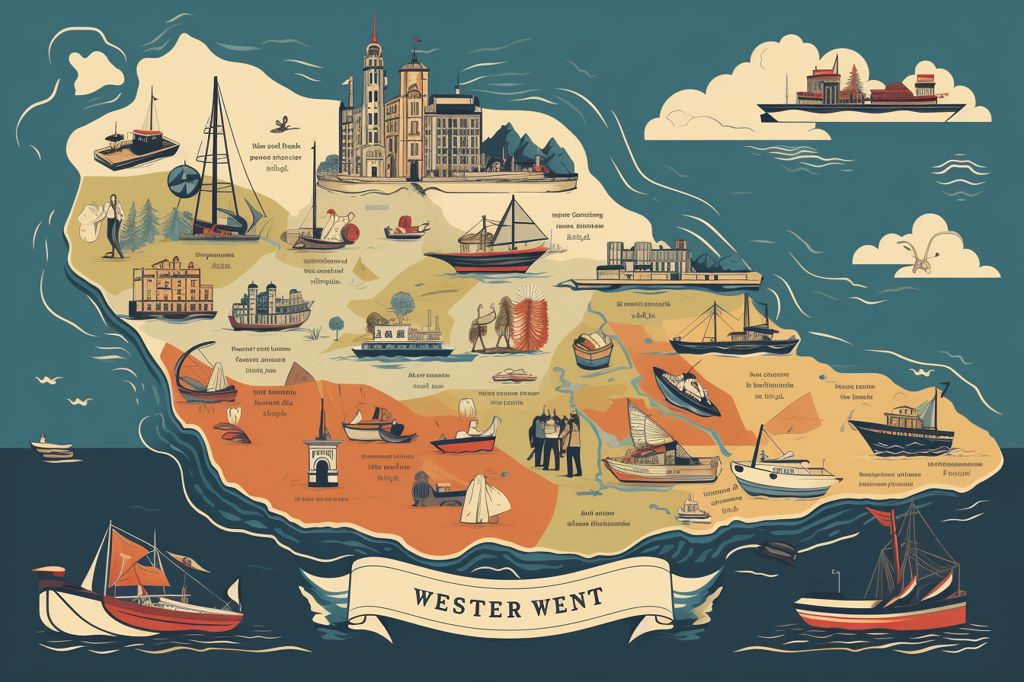Annual Budget Process Kicks Off with Key Report
As the fourth-largest province in South Africa, Western Cape is gearing up for its annual budget cycle. The Provincial Economic Review and Outlook (PERO) will be presented by Mireille Wenger, Western Cape’s MEC of Finance and Economic Opportunities, at the Provincial Parliament on 21st September 2023. This critical report includes data trends and analysis on sectoral development, labor markets, and socio-economic dynamics, paving the way for budgetary decisions and policy responses to be unveiled later this year in the Medium-Term Budget Policy Statement.
Western Cape, renowned for its natural beauty and cultural heritage, is also the center of South Africa’s thriving economy. The region’s GDP is significantly bolstered by tourism, agriculture, and creative industries. Additionally, a highly skilled workforce has fueled economic growth in the province.
The timely PERO report sheds light on the essential sectors and emerging trends shaping the region’s economy. The data contained in the report offers not only insights into the current state of Western Cape’s economic landscape, but also serves as a roadmap for future policy decisions and investments.
New Data Elevates Western Cape Government’s Response
An important aspect of this year’s PERO is the incorporation of compelling new data, which improves the Western Cape Government’s ability to react to emerging trends. It is expected that this evidence-based approach will guide policymakers in making informed decisions that stimulate economic growth and create more job opportunities for the region’s inhabitants.
The PERO report demonstrates the Western Cape’s dedication to adopting a data-driven approach to policymaking. By analyzing and understanding the underlying factors that drive economic growth, the provincial government is better prepared to identify opportunities and tackle challenges that may emerge in the future.
Sectoral Success Stories: Tourism, Agriculture, and Creative Industries
The Western Cape’s economic achievements can be traced back to its strategic emphasis on nurturing key sectors such as tourism, agriculture, and the creative industries. Tourism, in particular, has prospered, with the province’s pristine beaches, lush vineyards, and lively cultural scene attracting visitors from around the world. Consequently, the hospitality and travel sectors have experienced significant growth, providing employment opportunities and contributing to the region’s economic prosperity.
Likewise, the agricultural sector has been instrumental in the province’s economic success. Western Cape’s fertile soil and favorable climate make it an ideal location for a flourishing agricultural industry. Wine production, for example, has placed the region on the global stage, with local wineries receiving recognition for their high-quality products. Moreover, the agricultural sector has helped create jobs and promote sustainable development in rural areas.
Creative industries are another pillar of Western Cape’s economy. The province’s creative talents are making an impact on the international stage, from film production to fashion design. By supporting and promoting these industries, the Western Cape Government has capitalized on the region’s cultural richness and diversity, driving economic growth and job creation.
Comprehensive Analysis Informs Future Growth and Decision-Making
The PERO report’s thorough examination of various sectors and labor market dynamics will serve as a valuable resource for policymakers, researchers, and businesses. By exploring the underlying factors that contribute to the region’s economic success, the report presents a comprehensive view of Western Cape’s economic landscape and its potential for future growth.
The introduction of the PERO report signifies the start of Western Cape’s annual budget process. Insights from the report will be used to shape policy responses and budget choices, which will be shared in the upcoming Medium-Term Budget Policy Statement.
The PERO report serves as a vital tool for policymakers as the Western Cape continues to grow and evolve. Utilizing data-driven insights for decision-making, the provincial government can build on the region’s economic success, fostering growth and creating new opportunities for its residents.
MEC Wenger’s presentation of the PERO report will take place at the Western Cape Provincial Parliament on 21st September 2023 at 10:00 am. The event will be live-streamed for those interested in following the proceedings. Media representatives wishing to attend should bring their ID for security purposes and direct any queries to Georgina Maree, Spokesperson for the Provincial MEC of Finance and Economic Opportunities.








